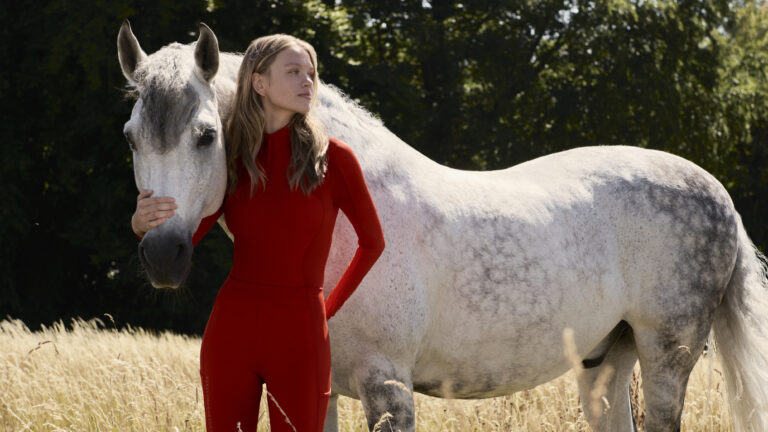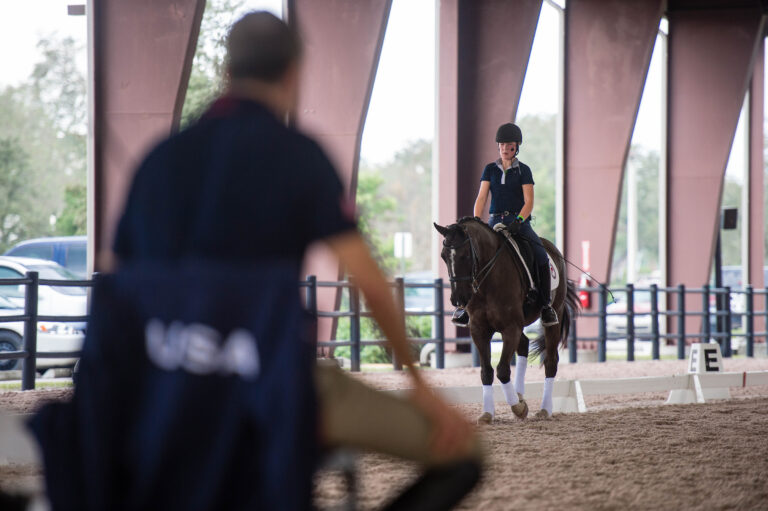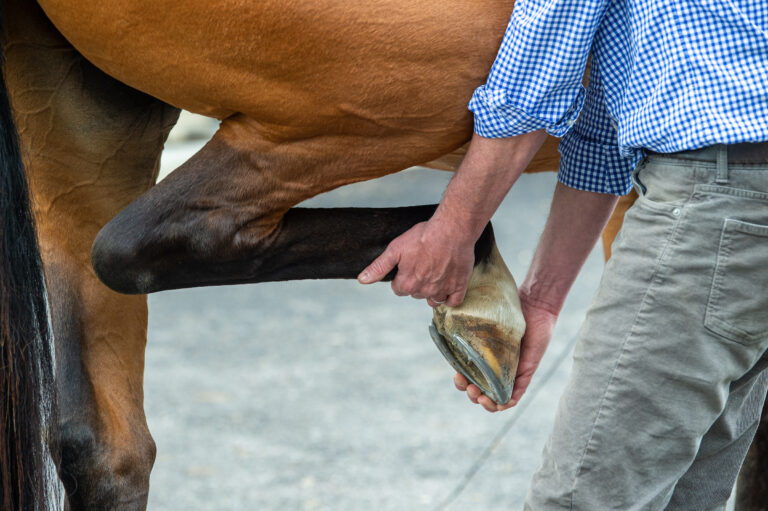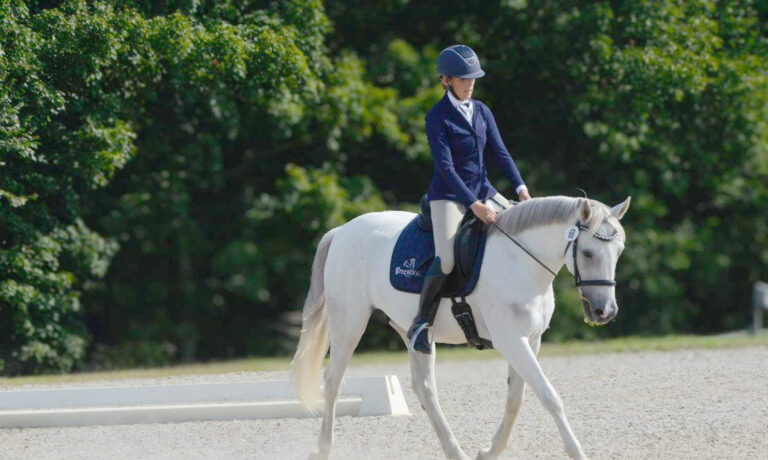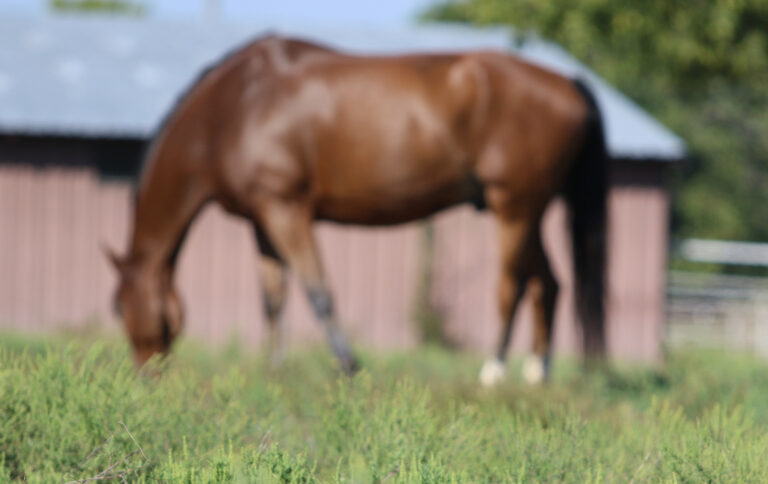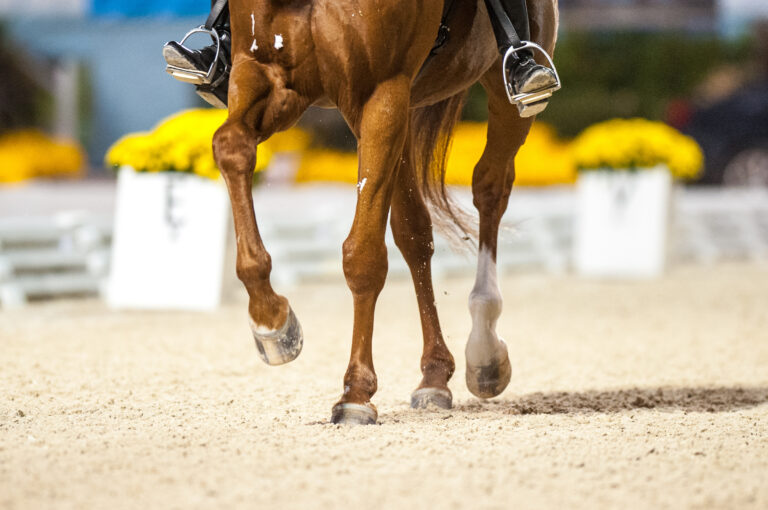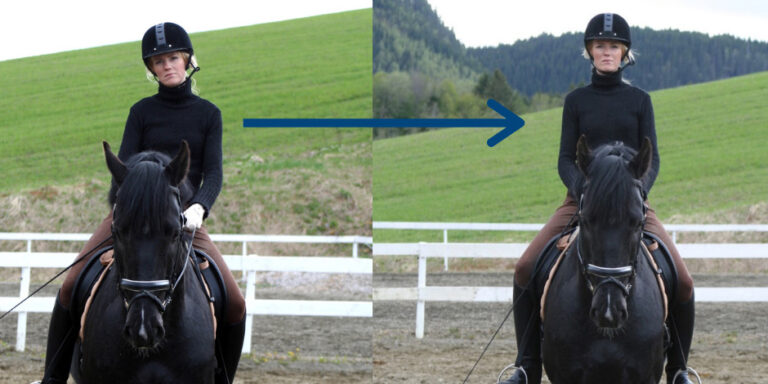Whether you own or lease a horse or barn, or run an equine-related business, insurance can be a lifesaver when disaster strikes. While most equestrians are familiar with horse mortality and major medical as well as barn and trainer’s insurance, there are many more options available to you, depending on your needs.
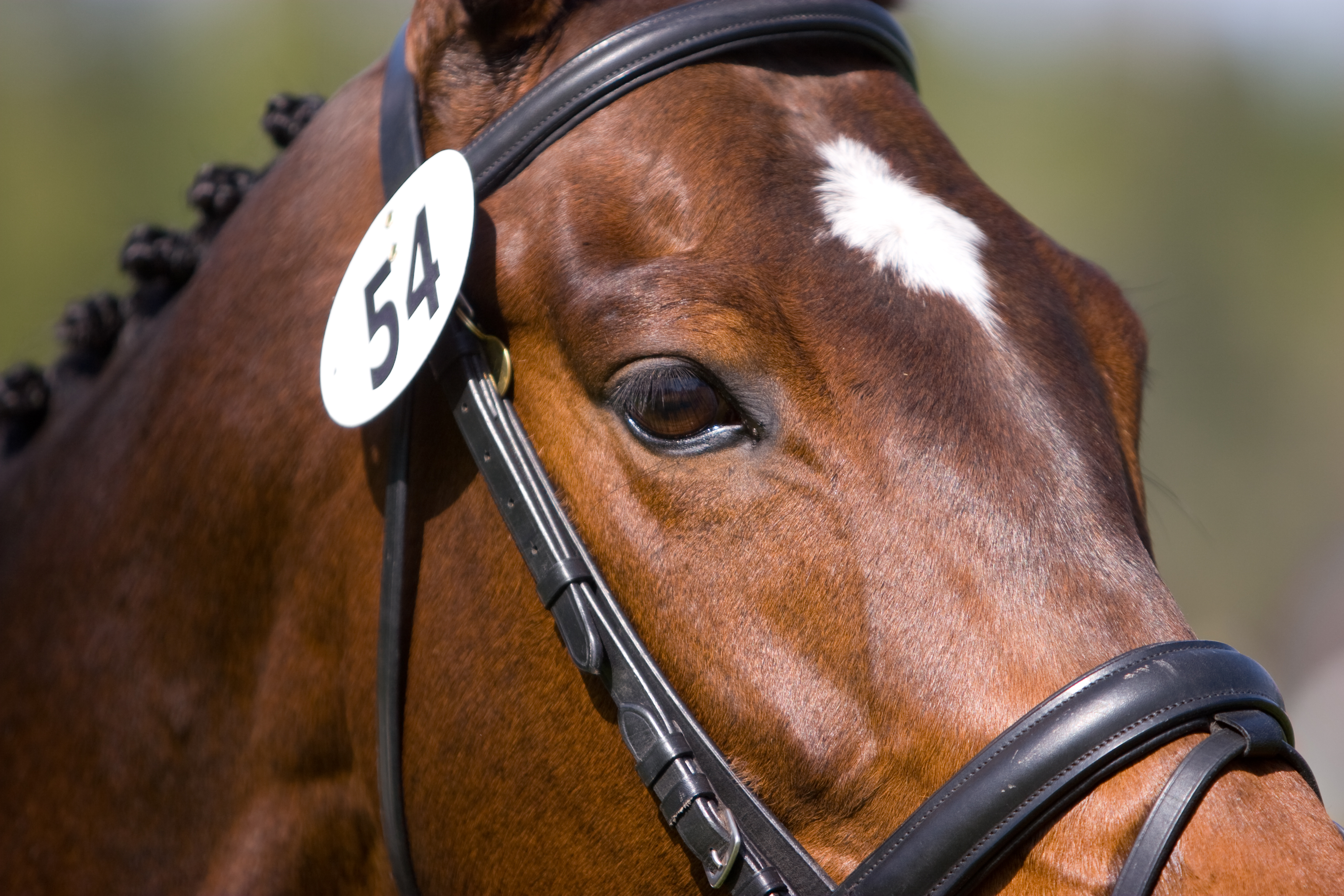
Here are 10 lesser-known types of equine-related insurance to ask your agent about, with explanations of why each might be worth checking out:
1. Equine Travel: You can insure a horse in transit, says Kathy Stringer, senior underwriting manager at Great American Insurance. If you are moving your horse internationally or importing him to the United States, there is transportation coverage available. Mortality covers transportation within the Continental United States and Canada.
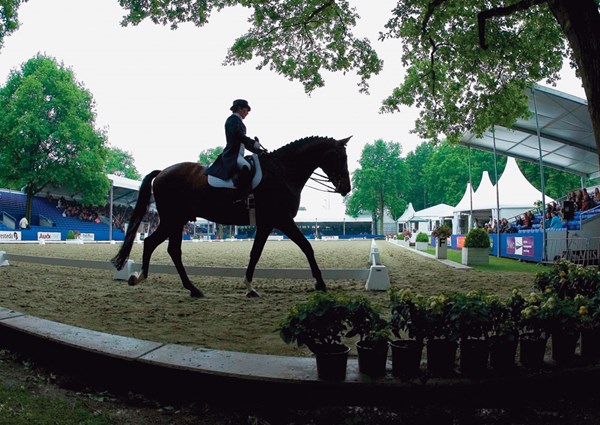
2. Personal Injury: This type of insurance covers you in case you are injured by your own horse.
3. Third-Party, Public or Horse Liability: This type of insurance is designed to cover you if your own horse injures someone else or damages their property.
For example, if your horse gets loose and causes a car accident, this insurance will cover you for the damages and injuries related to that accident. It is worth noting that this coverage does not insure you for criminal liability and, therefore, does not protect you if your horse causes injury or death due to your negligence.
4. Care, Custody and Control: This type of insurance is suitable for anyone who is breeding, training and/or showing a horse that she does not own or lease. This kind of policy will cover damage to the horse that is in your care, custody and control.
“A trainer that had not elected care, custody and control was sued because a horse he was showing bucked him off, ran out onto the highway and was killed,” says Lisa Seger of Seger Insurance and a Markel dressage horse insurance specialist. “While the trainer’s liability policy protected him from the automobile owner’s suit, he was not protected when the horse owner sued him for the value of the horse. Though the suit was eventually dismissed by the court, the trainer had incurred $85,000 out-of-pocket attorney’s fees. If the trainer had care, custody and control coverage, the attorney’s fees would have been paid.”
5. Stallion Infertility: “Coverage is provided in the event the horse becomes totally and permanently infertile or unable to breed due to accident, sickness or disease,” says Seger.
6. Taking a Horse on Trial: While many people insure a horse once they own it, they can also get coverage if their horse is out on trial or one is coming into their barn for a short-term stay before they decide to buy him. This short-term policy insures them during that time, says Stringer.
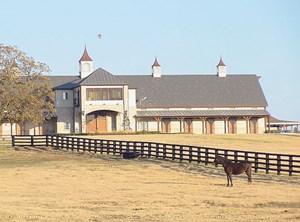
7. Homeowner or Commercial Coverage: It is important to confirm that your insurance properly covers your farm, depending on your situation. “In one case,” says Seger, “a farm owner was boarding horses and carried a noncommercial homeowner policy. Many insurance companies consider monies received from boarding as a commercial operation. When the barn suffered storm damage, the homeowner’s non-commercial policy did not cover the cost to repair the barn.”
8. Various Ownership/Lease Situations: “You can insure a horse with multiple owners,” says Stringer. “You can also lease a horse and obtain insurance for it.” Regardless of who owns the horse, there are ways to get him covered. The best thing to do is call your agent and explain the situation.
9. Horse Theft: This covers you if your horse is stolen. This type of insurance is particularly important to consider if you own a horse that is extremely valuable, for example, a top show horse or breeding stallion.
10. Tack and Trailer: Just like your equine partner, all of your equine-related equipment can be insured against theft and damage. Some states legally require trailer insurance.


